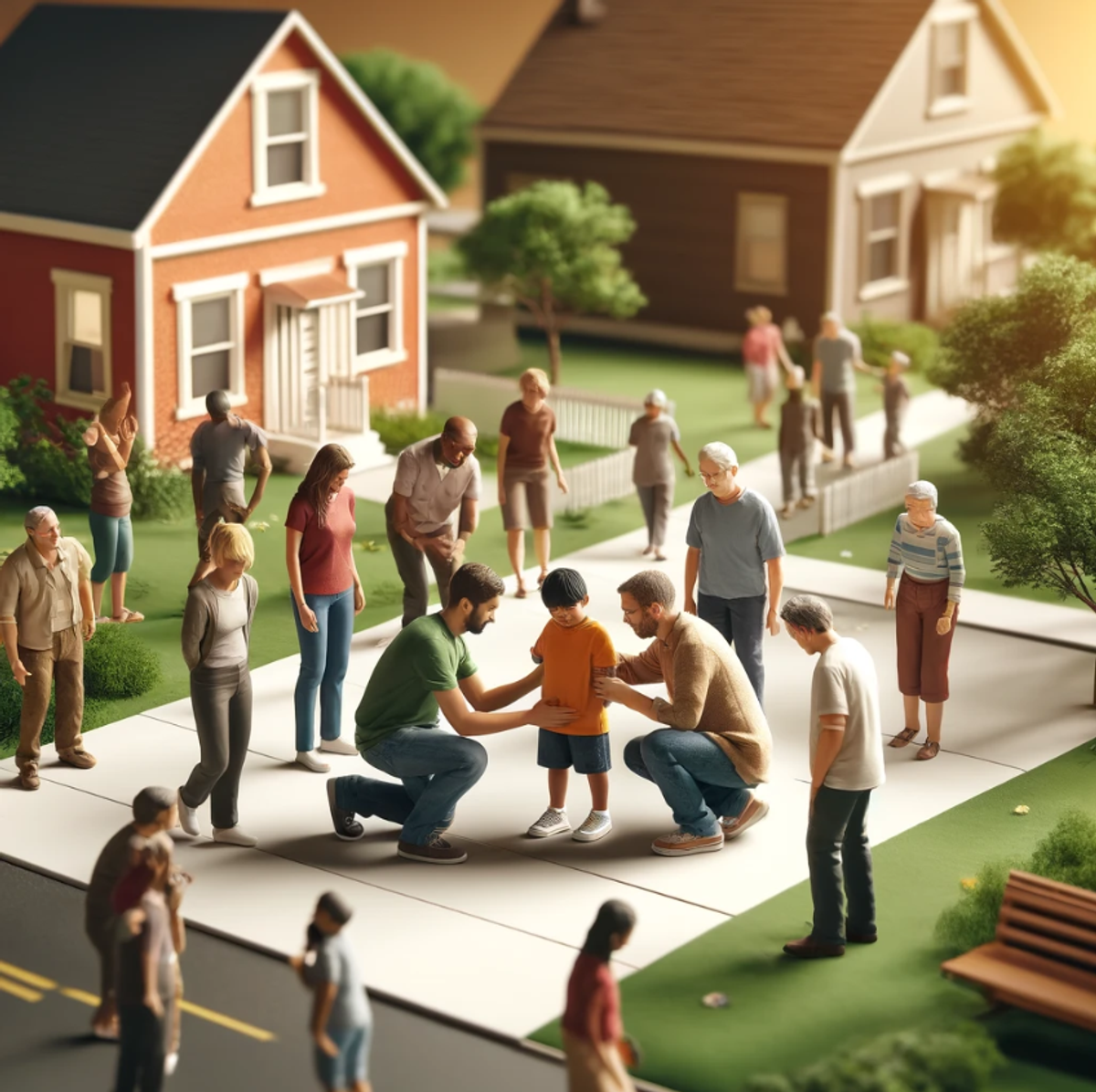Be Well and Prosper

How to Help Kids Deal with Social Anxiety
Social anxiety is more than just shyness. Children with this disorder feel extremely uncomfortable in social settings, and in some cases, it can hinder their ability to perform everyday tasks. Here's everything parents need to know.
What Is Social Anxiety?
Social anxiety is a mental health condition where upcoming social interactions can cause an increase in anxiety. Some kids with the disorder worry an unreasonable amount about meeting or talking to people, fearing embarrassment, negative judgment, or rejection. Others are triggered by speaking or performing in public.
The key feature is an excessive fear or worry about how others will evaluate them in social situations. This anxiety can interfere with daily functioning, causing children to refuse playdates, family outings, school, talking to peers, ordering at restaurants, and using public restrooms.
Social Anxiety Symptoms in Kids
Social anxiety symptoms fall into three categories: behavioural, emotional, and physical. Parents should pay attention to anything out of the ordinary. Here are some common signs of social anxiety in kids:
Behavioural Symptoms
- Avoids triggering situations like public restrooms, talking to teachers, or attending birthday parties.
- Regularly asks questions for reassurance.
- Difficulty making friends or talking to peers.
- Refusal to speak in certain situations.
- Speaking softly and avoiding eye contact.
- Refusal to go to school.
- Throwing tantrums or acting clingy before/during social events.
Emotional Symptoms
- Fear of meeting or talking to people, starting days or weeks before an event.
- Constant worry about embarrassment or judgment by others.
- Extreme self-consciousness in social or performance settings.
- Feeling helpless, sad, or angry in social settings.
Physical Symptoms
- Sweating or blushing
- Trembling or shaking
- Feeling sick to their stomach
- Experiencing dizziness or rapid heart rate
These symptoms often occur in social situations perceived as scary, potentially leading to panic attacks in extreme cases.
What Causes Social Anxiety in Kids?
The most common age for social anxiety onset is 13, coinciding with major life events like starting high school and puberty. However, children as young as 8 or 9 might also experience symptoms.
Some children are predisposed to anxiety from birth, with their brains being more sensitive to perceived danger. Genetics may also play a role, as anxiety and depression can be hereditary. Additionally, a child's environment, such as anxious behaviour modelled by parents, can contribute to social anxiety.
Social Anxiety Treatment at Home
Kids with social anxiety may not show signs at home, so parents might not realise anything is wrong. Teachers might also dismiss social anxiety as typical shyness. Here are some at-home treatment options and when to see a professional.
Communication and Preparation
For mild symptoms, communicate with your child and prepare them for social situations. For example, if your child is nervous about attending a new school, give detailed descriptions of what to expect.
Talking with Your Child
Address your child's fears directly. Ask what makes them nervous and brainstorm solutions. Teach them self-soothing techniques like deep breathing and visualization.
Practising What to Do
Help your child gradually face their triggers. For example, they can start by saying "thank you" to a server and eventually progress to ordering their meal.
Therapy and Medication
If social anxiety interrupts daily life, professional help might be needed. A licensed psychologist or child and adolescent psychiatrist can determine if your child needs treatment, usually in the form of cognitive behaviour therapy (CBT).
Talk Therapy
CBT helps kids understand how their thoughts influence their emotions, teaching them to reframe their thoughts to reduce anxiety. Kids also learn relaxation exercises like deep breathing and mindfulness.
Medication
If talk therapy alone isn't effective, medications like selective serotonin reuptake inhibitors (SSRIs) may be recommended to make psychotherapy more effective. Medications are often used short-term.
Kids are resilient, and social anxiety can be overcome with the right support and treatment. Parents should be attentive to signs of social anxiety and seek appropriate help when needed.
How to Help Kids Deal with Social Anxiety Social anxiety is more than just shyness. Here's everything parents need to know—including what could trigger symptoms. www.parents.com |
Mr Ben Lawless
Researcher


